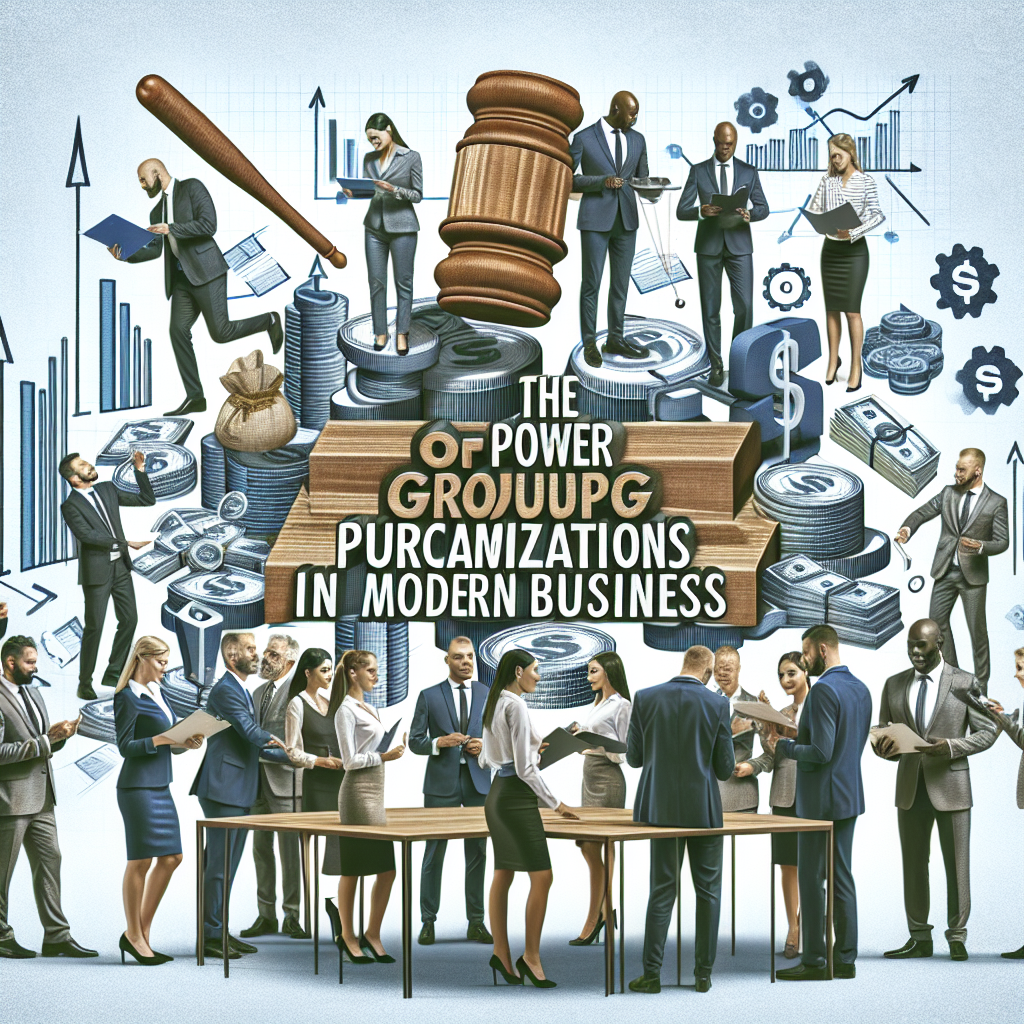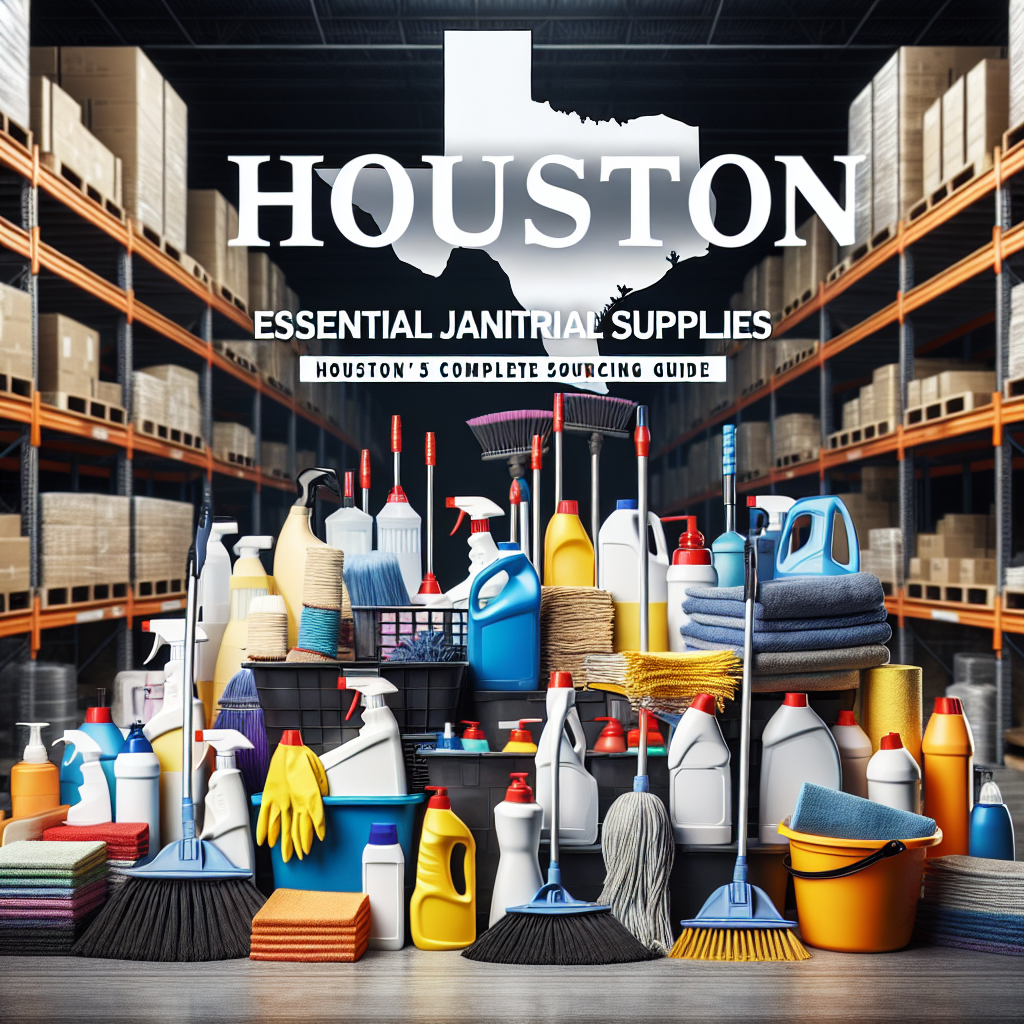Introduction
Procurement market wholesalers play a vital role in the supply chain, acting as intermediaries between suppliers and retailers. They ensure that products flow smoothly and efficiently from manufacturers to end-users.
Key takeaway: Streamlining the supply chain is crucial for businesses to remain competitive. Partnering with a reliable wholesaler like HubZone Depot can significantly enhance these efforts.
In this article, you’ll discover:
- The definition and functions of procurement market wholesalers
- Effective strategies to optimize your supply chain operations
- How to overcome common challenges in wholesale supply chain management
- The benefits of leveraging technology for improved distribution efficiency
- A case study highlighting HubZone Depot’s community initiatives, such as maximizing federal grant funding for nonprofits, and their innovative group purchasing strategies
Moreover, we will explore how embracing supplier innovation trends can transform your business. Additionally, we’ll discuss how certain practices, such as providing break room supplies to boost employee morale, can also have a positive impact on your overall operations.
Understanding Procurement Market Wholesalers
Procurement market wholesalers play a vital role in the supply chain. They serve as intermediaries between suppliers and retailers, facilitating the smooth flow of products from manufacturers to end-users. Here’s what sets them apart:
Definition
Procurement market wholesalers buy large quantities of goods from suppliers and sell them in smaller quantities to retailers. This model allows wholesalers to capitalize on bulk pricing, providing significant value to their clients.
The benefits for businesses when partnering with wholesalers are substantial:
- Cost Savings: Wholesalers often negotiate better prices due to their purchasing power, enabling retailers to save money. For instance, HubZone Depot leverages strategic partnerships to secure deep discounts, which are then passed on to clients.
- Efficiency: By handling procurement logistics, wholesalers reduce the burden on retailers. This streamlining allows retailers to focus more on sales and customer service rather than inventory management. For those managing a smaller operation, these tips for managing a one-person procurement function might prove invaluable.
- Access to a Wider Range of Products: Working with wholesalers gives businesses access to diverse product lines without the need for extensive supplier networks. This flexibility can help meet unique consumer demands.
However, it’s crucial for businesses to understand the [procurement terms](https://hubzonedepot.com/uncategorized/procurement-terms-to-avoid-to-better-communicate-procurements-value) that are often used in industry discussions.
Through these functions, procurement market wholesalers significantly enhance the effectiveness of supply chains while supporting the growth and competitiveness of businesses in various sectors. In times of crisis, such as during economic downturns or supply chain disruptions, [building resilience in procurement](https://hubzonedepot.com/uncategorized/procurement-in-crisis-building-resilience-for-tough-times) becomes essential. This adaptability not only ensures survival but also positions businesses for future growth and success. For more information or assistance regarding procurement services, feel free to contact us.
Strategies to Optimize Supply Chain Operations with Wholesalers
1. Task Automation for Enhanced Workflow Efficiency
Streamlining processes in the wholesale industry is crucial for achieving operational efficiency. One of the most effective ways to accomplish this is through task automation. By automating repetitive tasks, wholesalers can significantly reduce manual errors and free up valuable time for their teams.
Key benefits of task automation include:
- Increased Speed: Automated systems can process orders and manage inventory much faster than manual methods.
- Consistency: Automation ensures that every step of a process is executed in the same manner, reducing variability and improving reliability.
- Cost Reductions: With less time spent on manual tasks, businesses can save on labor costs and allocate resources more effectively.
To achieve these cost reductions while optimizing operations, wholesalers must also consider how to succeed with limited resources. This involves embracing constraints, optimizing processes, and leveraging networks for business success.
Examples of automation tools commonly used by wholesalers:
- Inventory Management Software: Tools like TradeGecko or Fishbowl allow wholesalers to track stock levels in real time, minimizing the risk of stockouts or overstock situations. These platforms often come equipped with forecasting features that help predict demand based on historical data.
- Order Processing Systems: Solutions such as Orderhive streamline the order fulfillment process by integrating sales channels, managing shipping logistics, and automating invoice generation.
- Customer Relationship Management (CRM) Tools: Platforms like HubSpot automate customer interactions, allowing wholesalers to manage leads and follow-ups effortlessly. This ensures that potential sales opportunities are not missed.
By harnessing these automation tools, procurement market wholesalers can effectively enhance workflow efficiency while optimizing inventory management strategies. This creates a more agile supply chain capable of adapting to changing market demands without losing focus on cost savings and quality service delivery.
2. Accurate Demand Forecasting for Effective Inventory Management
Accurate demand forecasting is crucial for wholesalers aiming to minimize stockouts and excess inventory. By predicting customer needs more accurately, businesses can align their inventory management strategies with actual market demand. This not only reduces waste but also enhances operational efficiency.
Key benefits of effective demand forecasting include:
- Minimized Stockouts: Ensures that products are available when customers need them.
- Reduced Excess Inventory: Lowers holding costs and frees up capital for other investments.
Wholesalers can employ various methods to improve forecasting accuracy:
- Historical Data Analysis: Utilizing past sales data helps identify trends and seasonal patterns.
- Market Research: Gathering insights about consumer preferences and market changes aids in making informed predictions.
- Collaboration with Retailers: Sharing information with retailers creates a more comprehensive understanding of demand fluctuations.
Incorporating automation tools in wholesale operations, such as advanced analytics software, can enhance the precision of these forecasts. These tools process large datasets rapidly, providing real-time insights that inform decision-making.
Moreover, leveraging supplier relationship management strategies can significantly improve the accuracy of demand forecasting by fostering better communication and collaboration with suppliers. This collaboration is essential for understanding supply capabilities and constraints, which directly influence inventory levels.
Investing in accurate demand forecasting not only streamlines the supply chain but also positions wholesalers to respond proactively to market dynamics, enhancing overall business performance. Furthermore, adopting a strategic sourcing approach can further optimize inventory management by ensuring that the right products are sourced at the right time and price, aligning perfectly with the forecasted demand.
3. Building Strong Relationships with Suppliers and Retailers through Collaboration
Collaboration with key stakeholders is essential for enhancing supply chain performance. Strong relationships lead to:
- Improved Communication: Open lines of communication help address issues quickly and facilitate better decision-making.
- Shared Goals: Aligning objectives between suppliers and retailers fosters a cooperative environment, driving collective success.
- Enhanced Problem-Solving: Working together allows for innovative solutions to challenges, particularly in operational efficiency.
Supplier relationship management strategies are crucial here. By leveraging automation tools in wholesale operations, businesses can streamline processes and improve inventory management strategies. These tools enable real-time data sharing and foster transparency among partners, ensuring everyone is on the same page.
Moreover, it’s vital to focus on maximizing supplier performance by ensuring quality and reliability. This involves implementing robust quality control measures and establishing clear performance metrics.
Additionally, investing time in building strong relationships translates into better service levels and ultimately supports the goal of optimizing wholesale supply chains for improved operational efficiency. Establishing trust through transparent supplier communication leads to a more resilient supply chain ready to tackle market fluctuations.
Overcoming Challenges in Wholesale Supply Chain Management
Wholesalers today face various challenges that can affect their operations. Some of the main issues include:
- External disruptions: Events like natural disasters, geopolitical tensions, and pandemics can disrupt supply chains, causing delays and increased costs.
- Changing consumer preferences: Rapidly changing market trends require wholesalers to be adaptable and responsive to shifting customer needs.
To overcome these challenges, wholesalers need to adopt strategic approaches:
- Diversifying suppliers: Building relationships with multiple suppliers reduces reliance on any single source. This flexibility can help manage risks associated with external disruptions. For example, optimizing supplier management can significantly enhance a wholesaler’s resilience.
- Implementing advanced analytics: Using data analytics tools allows wholesalers to gain insights into market trends and consumer behavior. Accurate forecasts can guide inventory management efforts.
- Enhancing communication: Establishing clear lines of communication with stakeholders ensures everyone is aligned on goals and strategies. Collaboration promotes a proactive approach to problem-solving.
By addressing these challenges directly, procurement market wholesalers such as HubZone Depot position themselves as resilient partners in the supply chain. Being prepared for uncertainties improves efficiency and supports sustained growth in an ever-changing business environment.
Leveraging Technology for Effective Wholesale Distribution
1. Real-time Inventory Visibility and Improved Decision-making Capabilities with Cloud ERP Systems
In today’s fast-paced wholesale distribution landscape, cloud ERP systems are game-changers. They offer a multitude of benefits that can significantly enhance operations for wholesalers. Here’s how:
-
Real-time Inventory Visibility: Access to real-time data allows wholesalers to monitor inventory levels accurately. This visibility helps in avoiding stockouts and reducing excess inventory, ensuring that the right products are available when needed.
-
Enhanced Decision-making Capabilities: With comprehensive data at their fingertips, wholesalers can make informed decisions quickly. Analyzing trends and performance metrics becomes seamless, leading to better strategic planning.
-
Streamlined Operations: Automated processes reduce manual errors and save time. Tasks such as order processing, inventory management, and reporting become more efficient with cloud ERP solutions, allowing teams to focus on high-value activities.
-
Scalability and Flexibility: Cloud-based systems can easily scale according to business growth. As wholesalers expand their operations or product lines, these systems can adapt without significant investments in new infrastructure.
-
Cost Efficiency: By minimizing overstock issues and improving inventory turnover rates through accurate forecasting, wholesalers experience substantial cost savings. The ability to respond quickly to market demands also enhances competitiveness.
Investing in cloud ERP systems in wholesale distribution equips businesses with tools that not only streamline operations but also provide a solid foundation for growth. These technological advancements empower wholesalers to navigate challenges effectively while maintaining high service levels for their customers. Embracing such innovations is essential for those looking to thrive in an ever-evolving market landscape.
2. Streamlined Order Processing through Mobile Applications in Wholesale Distribution
Mobile applications are changing the way wholesalers handle order processing. By using mobile technology, businesses can work more efficiently, complete transactions faster, and provide better customer service. Here’s how:
Benefits for Wholesalers
- Increased Accuracy: Reducing errors associated with manual entry leads to fewer stock issues and boosts overall productivity.
- Access to Cloud ERP Systems: Integration with cloud ERP systems in wholesale distribution allows for streamlined operations and better decision-making capabilities. The benefits of cloud ERP systems for wholesalers extend to inventory management and forecasting, ensuring that clients have the products they need when they need them.
Benefits for Customers
- Real-time Order Management: Wholesalers can track orders from anywhere, allowing for immediate updates and modifications.
- User-friendly Interfaces: Mobile apps simplify the ordering process for customers, ensuring a seamless experience that fosters loyalty.
- Instant Notifications: Customers receive real-time alerts about their order status, minimizing uncertainty and enhancing satisfaction.
The role of mobile technology in order processing is significant. Wholesalers benefit from:
Moreover, understanding indirect spend is crucial for wholesalers. By leveraging these advancements, wholesalers can not only optimize their supply chain but also provide an exceptional level of service that meets modern demands.
HubZone Depot: A Case Study in Streamlining Supply Chains Through Community Initiatives and Group Purchasing Strategies
HubZone Depot stands out as a HUBZone certified business that is dedicated to uplifting local communities. Here are some key aspects of their approach:
1. Community Hiring Practices
By actively hiring from HUBZone areas, HubZone Depot boosts local employment opportunities. This commitment not only strengthens the workforce but also contributes to economic growth in these communities. Their focus on effective sourcing strategies for hiring top talent ensures they attract the best candidates from these areas.
2. Group Purchasing Strategies
Implementing group purchasing allows clients to leverage collective buying power, leading to drastic cost reduction through collective spend. This means significant cost savings for businesses while ensuring they receive high-quality products. Additionally, the use of tail spend management techniques further optimizes their purchasing strategies.
These community initiatives by HubZone Depot create a positive ripple effect, enhancing supply chain efficiency while supporting the economy. This dual focus on community and cost-effectiveness positions them as a trusted partner in wholesale procurement. Their expertise also extends to ensuring [contract compliance with best practices for procurement](https://hubzonedepot.com/uncategorized/ensuring-contract-compliance-best-practices-for-procurement), making them a reliable choice for businesses seeking efficient and compliant procurement solutions.
Conclusion: Embracing Innovation for Future Success in Wholesale Procurement
The world of wholesale procurement is changing quickly. To succeed, we must always come up with new ideas and be willing to adapt.
Key things to think about:
- Staying ahead of future trends: Understand new technologies and market changes to stay one step ahead. This includes looking into procurement software solutions that can greatly improve your operations.
- Working with trusted wholesalers: Team up with dependable partners like HubZone Depot to make operations smoother and boost supply chain efficiency. Their dedication to community-focused projects and group purchasing strategies not only leads to significant cost savings but also supports local economies.
HubZone Depot shows us how these methods can assist businesses in reaching their procurement objectives while preparing them for long-term growth in a competitive market.
Additionally, building strong partnerships sets the foundation for dealing with the changing nature of wholesale procurement. As seen through Frank Corris’s transformative journey, continuous learning and strategic thinking are vital for mastering procurement.
Make wise choices, adapt swiftly, and witness your business flourish in this thrilling landscape.





